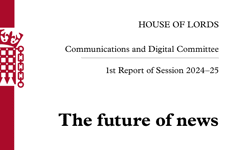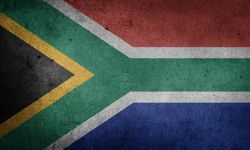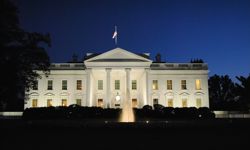According to reports, several Turkish media organizations known for expressing criticism of the Justice and Development Party government have not yet been granted accreditation to cover the G-20 summit taking place in Antalya on November 15-16.
Most Turkish media organizations received accreditation from the Office of the Prime Minister, Directorate General of Press and Information (BYEGM) about a month ago. However, the Zaman daily, Today’s Zaman, the Cihan News Agency, the Sözcü daily and Samanyolu TV have still not been granted accreditation. Another critical outlet, the Taraf daily, reportedly did not apply for accreditation as it is subject to a general ban on events where the President, Prime Minister and ministers attend. When contacted about the accreditation, BYEGM informed journalists that their applications were still under consideration, despite there being only four days before the summit begins.
WAN-IFRA and WEF are seriously concerned that the Turkish government may be using journalists’ accreditation as a tool of censorship. A government should not deny access to media seeking to report on an event of immense national and international importance to punish them for their editorial opinions, say WAN-IFRA and WEF. In doing so, it is denying journalists their right to do their job and is preventing the free flow of information in the public interest.
The government’s failure to accredit critical media follows deterioration in press freedom in Turkey, including, most recently, a police raid on the Zaman Media Group on Wednesday, and a prosecutor's demand for an arrest warrant for Ekrem Dumanl, the ex-editor in chief of Zaman, on charges of attempting to topple the government.
WAN-IFRA and WEF have written to the President on several occasions in recent months to express their concerns over issues, including a series of violent attacks on and intimidation of the daily Hürriyet and its staff, the arrest and detention of two British journalists and their interpreter working for VICE News on charges of working for a terrorist organization and assisting Islamic State, and the detention of a columnist for the daily Bugün for "attempting to overthrow the government".
WAN-IFRA and WEF are seriously concerned that these incidents form part of a systematic campaign by the Turkish government to intimidate independent media. Such a campaign would constitute a breach of the right to freedom of expression, which is guaranteed by numerous international conventions, including the Universal Declaration of Human Rights. Article 19 of the Declaration states: “Everyone has the right to freedom of opinion and expression; this right includes the freedom to hold opinions without interference and to seek, receive and impart information and ideas through any media, regardless of frontiers.”
The organizations calls on Turkish authorities to take all possible steps to ensure that accreditation is not used as a tool to censor critical media. WAN-IFRA calls on the government to respect the universal right of freedom of expression. The Turkish people have a right to be informed of events at the G-20 summit, which is of critical importance to their safety, security and prosperity. Defending the press freedom in Turkey must be a priority issue on the agenda of all democratic G-20 countries.












